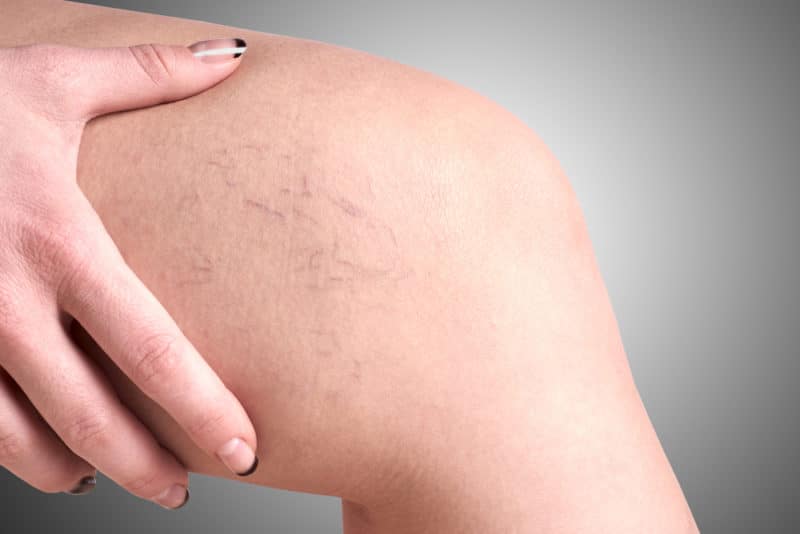Advancing vascular wellness represents a crucial frontier in modern healthcare, with surgical services playing a pivotal role in this pursuit. Within the realm of vascular wellness, surgical interventions are often the cornerstone of treatment strategies, addressing conditions ranging from peripheral artery disease to aortic aneurysms. The impact of surgical services on vascular wellness extends far beyond mere treatment; it encompasses prevention, education, and ongoing patient care, fundamentally shaping the landscape of vascular health. At the forefront of advancing vascular wellness are innovative surgical techniques that offer improved outcomes and reduced invasiveness. Minimally invasive procedures such as endovascular interventions have revolutionized the field, allowing surgeons to repair damaged blood vessels with greater precision and minimal trauma to surrounding tissues. These advancements translate into shorter recovery times, reduced postoperative complications, and ultimately, enhanced patient satisfaction. By embracing technological innovations and refining surgical approaches, healthcare providers can continually elevate the standard of care for vascular conditions, fostering better long-term outcomes for patients.

Moreover, surgical services play a crucial role in promoting vascular wellness through preventive interventions and patient education. Recognizing risk factors such as hypertension, diabetes, and smoking, surgeons collaborate with patients to implement lifestyle modifications and preventive measures aimed at mitigating vascular diseases before they manifest. Through educational initiatives and community outreach programs, surgical teams empower individuals to make informed decisions regarding their vascular health, emphasizing the importance of regular screenings and early intervention. By fostering a culture of proactive vascular care, surgical services not only treat existing conditions but also strive to prevent their occurrence, ultimately reducing the burden of vascular diseases on individuals and healthcare systems alike. In addition to surgical interventions and preventive efforts, the impact of surgical services on vascular wellness is further underscored by their role in multidisciplinary care teams and read more. Vascular surgeons collaborate closely with specialists from various disciplines, including cardiology, radiology, and rehabilitation, to deliver comprehensive, patient-centered care.
This collaborative approach ensures that patients receive tailored treatment plans that address their unique medical needs and preferences. By leveraging the collective expertise of diverse healthcare professionals, surgical services optimize outcomes and enhance the overall quality of care for individuals with vascular conditions. Furthermore, the influence of surgical services on vascular wellness extends beyond clinical settings to encompass research and innovation. Surgeons actively engage in clinical research and trials to explore novel treatments, refine existing techniques, and uncover underlying mechanisms of vascular diseases. Through these endeavors, surgical services contribute to the advancement of medical knowledge and the development of cutting-edge therapies that hold promise for improving patient outcomes in the future. By embracing a culture of innovation and continuous learning, surgical teams remain at the forefront of advancing vascular wellness, driving progress and innovation in the field. In conclusion, advancing vascular wellness relies heavily on the contributions of surgical services, which encompass broad spectrum interventions, preventive efforts, multidisciplinary collaboration, and research endeavors. By harnessing technological advancements, promoting preventive strategies, fostering collaboration, and driving innovation, surgical teams play a central role in shaping the landscape of vascular health.